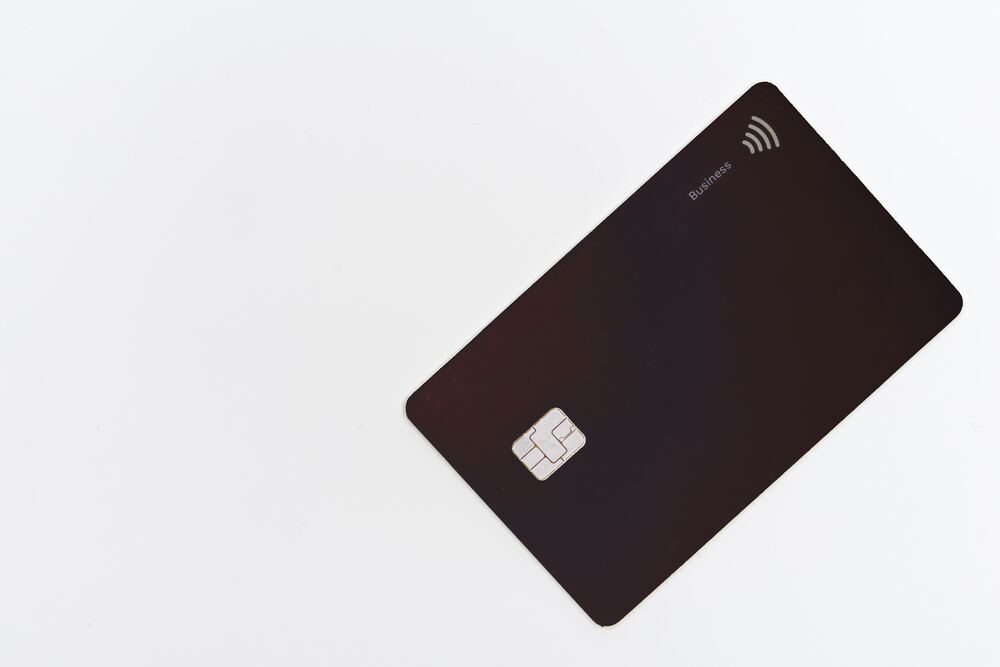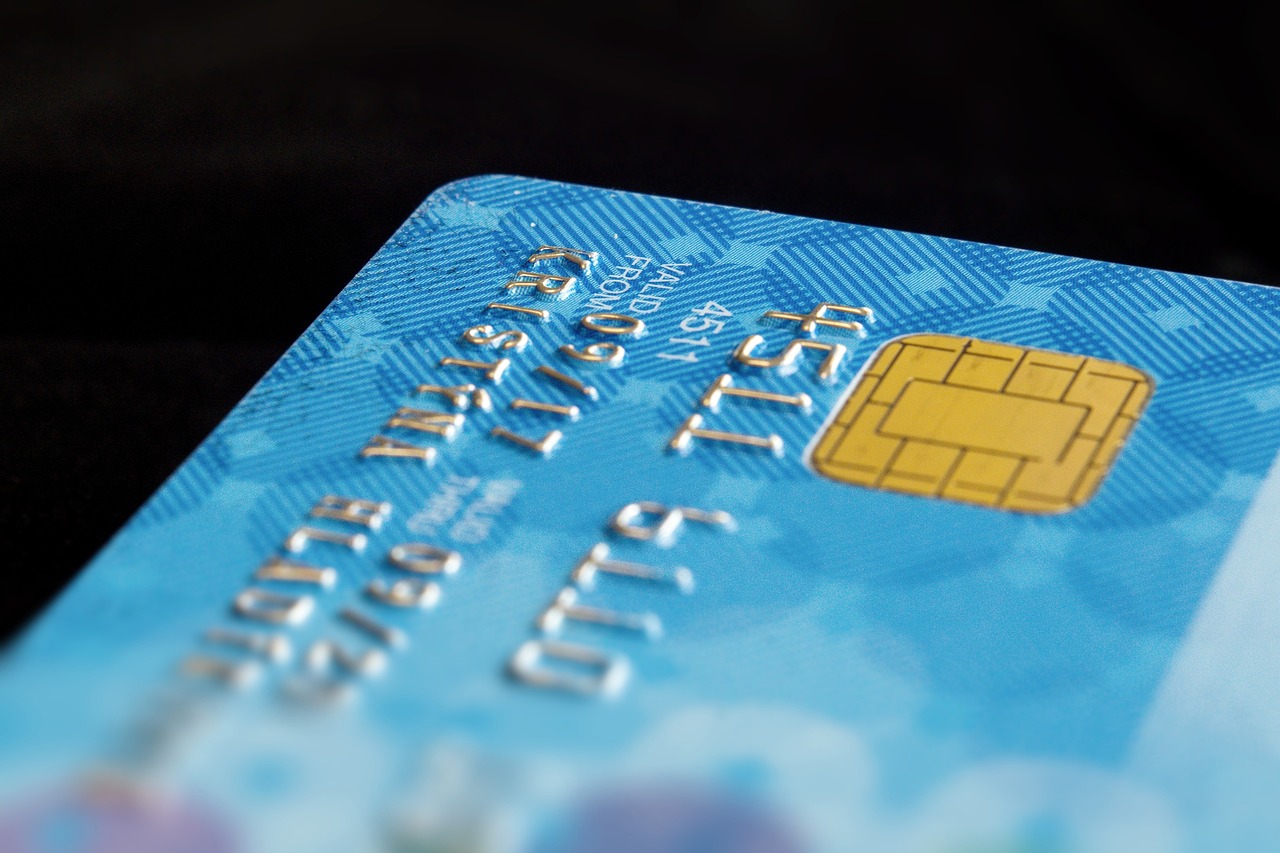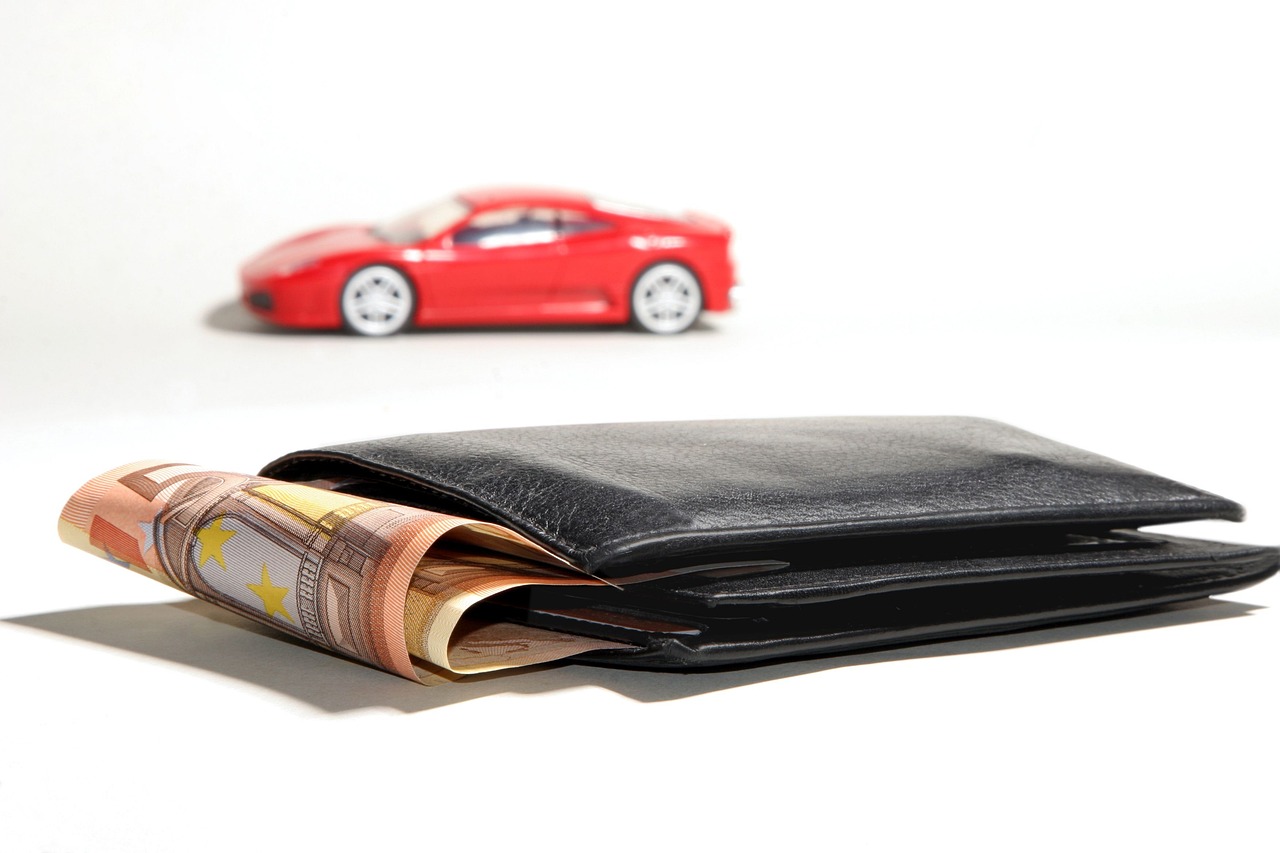A Personal Loan vs. Credit Card: Which Is Right for You?

If you are looking to borrow money you might consider different options like a personal loan or a credit card. These options can help you obtain what it is that you need, but there are important differences you need to know about.
Having a good understanding of personal loans and credit cards will help you decide the best option to use for your specific purpose. It will also help you avoid making mistakes that many people unknowingly make. In this article, we will look at personal loans vs credit cards and note their differences.
What is a Personal Loan?
A personal loan is a form of credit where a bank or credit union gives you lumpsum funds to fund your purchase or project. After this, you will need to pay the money back in monthly installments until you pay the loan and interest in full.
Personal loans typically have fixed payments for a specific amount of time. This can be beneficial as you’ll know exactly what your payment will be every month.
The approval for a personal loan depends on different factors like the amount of money, credit scores, the lender’s approval requirements, and the borrower’s income. Additionally, a personal loan may be secured with collateral or unsecured.
You can get a personal loan from various entities. In most cases, people use their primary banks because there is an established relationship, and the bank will have a clear picture of your transaction history. You can also get these loans from local credit unions if you’re a member.
A personal loan is mostly used to fund big things like home renovations, buying furniture, and other large purchases. You can also use the funds toward other necessary expenses or for debt consolidation.
What is a Credit Card?
A credit card is a payment card given by a financial institution to consumers who apply for credit.
A lender will typically review your credit history and score and then apply a credit limit on the card. This limit is the maximum amount that you can spend in a certain duration.
A credit card is ideal for making regular purchases like your monthly shopping, hotels, and things like plane tickets. In most cases, these funds attract a variable interest rate, which changes based on the federal interest rates.
Comparing Pros and Cons of a Personal Loan vs Credit Card
Personal loans and credit cards have their strengths and weaknesses. As such, it is always worth taking time to weigh the pros and cons of each facility.
A key similarity between the two is the role of your credit score, a numerical figure that represents your creditworthiness that comes from your credit reports. These reports are created by companies like FICO and VantageScore, which use data from the main three credit bureaus Equifax, Experian, and TransUnion.
A poor score ranges between 300 and 579, while an exceptional one is between 800 and 850. In most cases, people with exceptional scores get better credit terms like lower interest rates because of their track record.
Personal Loan: Pros
Lower interest rates
The most important benefit of a personal loan vs a credit card is the interest rate charged by the lender. In most cases, personal loans have a lower interest rate that is fixed. This means that you can plan your finances well without fearing the actions of the Federal Reserve. The interest rate charged will depend on your creditworthiness as determined by your credit reports and scores.
Fixed payments
A personal loan comes with fixed monthly payments that can help you budget your finances better. In this case, the bank will determine your monthly payments by looking at the APR and loan amount.
Get the funds quickly
Lenders will always conduct their due diligence before giving the loan. In this, they will look at your credit reports, your source of income, and other personal details. With technology, they can collect these details within a few hours and hand you the funds the same day or the next day.
Fund big projects
The other personal loan vs credit card benefit is that you may receive a larger loan amount, which you can use to do big projects. When applying for a personal loan, you tell the lender how much money you’d like to borrow and what you will be using the money for.
A credit card is not ideal for projects requiring substantial sums of money.
Credit Card: Pros
Ease of use
Credit cards are easy to use. Once you apply and are approved by the financial service provider of your choice, you can spend the money at any time and fund anything as long as it is within the limit extended by the creditor.
Potential benefits and rewards
Another benefit of credit cards vs personal loans is that many companies provide substantial benefits and rewards. You can easily get hotel or airline reward points when using some credit cards. Also, some credit card providers provide you with discounts when shopping in certain stores. You can then use the rewards you’ve accumulated towards flights, hotels, and purchases.
0% promotional periods
The credit card industry is highly competitive. Therefore, these providers offer a lot of promotions. One of the most popular approaches is to offer a 0% promotional period, where you don’t pay rates at all. This is also very common with balance transfers, where you can transfer an amount from one card where you’re paying interest to a card that has a zero-interest promotion. Zero interest can be a huge savings!
A good backup
The best way to shop is to use cash since it has no interest. However, even when you have cash, having a credit card can help you fund an emergency situation.
Personal Loan: Cons
- Possible high-interest rates – Personal loans can attract high-interest rates depending on your credit score. Unsecured loans also have higher rates than secured ones.
- Collateral needed in some cases – Secured personal loans require collateral such as a vehicle or a house.
- Predatory lending – Some personal loans are associated with predatory lending. This includes high interest and penalties.
- Hard to adjust the funds – A personal loan has a fixed monthly payment. In some cases, it is hard to adjust these payments when you have an emergency.
Credit Card: Cons
- You do not get to choose the amount of money you’d like the lender to give you for your available balance.
- Annual fees – Credit cards often attract annual fees that range between $90 to $500. These fees can often add up, especially when you don’t offset them with perks like reward points.
- Debt can pile up – If you don’t pay the balance owed off each month, your credit card debt can pile up over time and put you in a cycle of debt repayment.
- Interest rates – Credit cards have variable interest rates, which are affected by the actions of the Federal Reserve.
- High rates – Credit card interest rates can be substantially higher for people with bad credit.
Read more about credit cards, personal loans, and borrowing here.
When to Use a Credit Card vs Personal Loan
A personal loan is ideal when you want to buy something big like home renovations, or even consolidate debt. You can also take a loan refinance an existing loan, or pay for other things like tuition, medical expenses, and car repairs.
A credit card, on the other hand, is ideal for making smaller purchases like your monthly home shopping, apparel, and other everyday needs. You can also use rewards from your travel cards to fund your plane tickets and hotels.
Choosing Between a Personal Loan vs Credit Card: Get Expert Advice
In this personal loan vs credit card article, we have looked at the primary differences between the two and explained their pros and cons. Still, it is always recommended that you talk to a qualified financial professional if you need more information. Learn more about how to select the best loan type, improve your credit score, and get the best information here.
Jenn Cartwright
What's Trending








